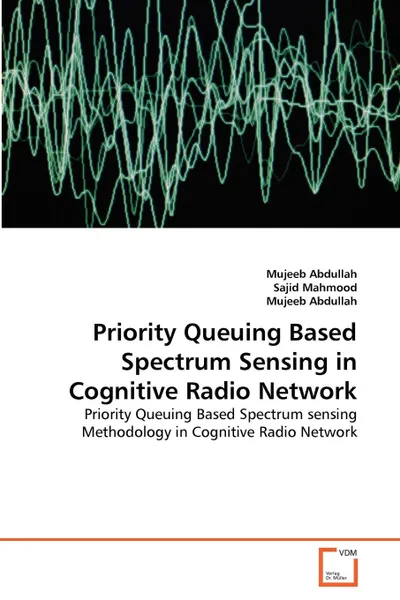Priority Queuing Based Spectrum Sensing in Cognitive Radio Network 12+
Автор: Mujeeb Abdullah,
Sajid Mahmood
92 страницы
Категория: Литература на иностранных языках
ISBN: 9783639348385
Язык: Английский
🔖 Radio spectrum is becoming scarce resource due to increase in the usage of wireless communication devices. However studies have revealed that most of the allotted spectrum is not used effectively. Given the demand for more bandwidth and the amount of underutilized spectrum, DSA (Dynamic Spectrum Access) networks employing cognitive radios are a solution that can revolutionize the telecommunications industry, significantly changing the way we use spectrum resources, and design wireless systems and services. Cognitive radio has improve the spectral efficiency of licensed radio frequency bands by accessing unused part of the band opportunistically without interfering with a license primary user PU. In this thesis we investigate the effects on the quality of service (QoS) performance of spectrum management techniques for the connection-based channel usage behavior for Secondary user (SU). This study also consider other factors such as spectrum sensing time, spectrum handoff and generally distributed service time and channel contention for different SUs. The preemptive resume priority M/G/1 queuing theory is used to characterize the above mentioned effects.
Мнения
